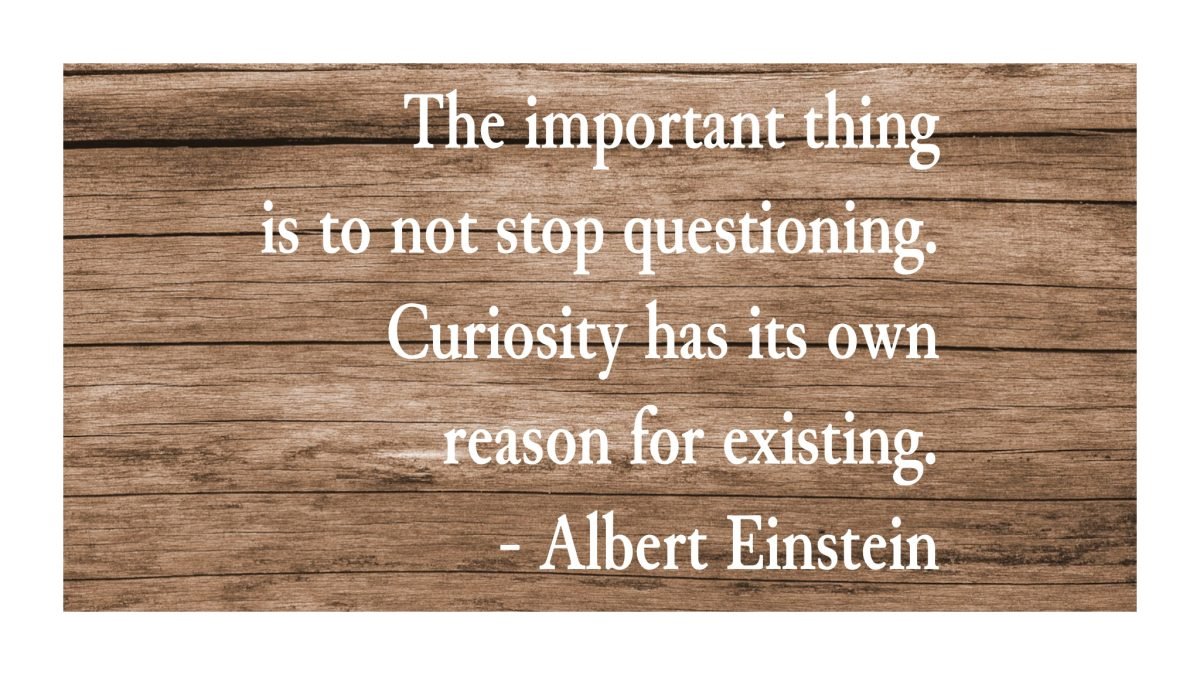When embarking on the journey of tracing one’s family history, it is common to start by gathering information from family members and personal recollections. However, relying solely on what is already known can lead to incomplete or inaccurate information. As Albert Einstein once said, ‘The important thing is not to stop questioning. Curiosity has its own reason for existing.’ It is essential to approach family history research with an open mind and be prepared to challenge assumptions and previous knowledge. By questioning what we think we know and seeking to learn more, we can gain a deeper understanding of our family’s past and uncover hidden truths that may have otherwise remained undiscovered.
The important thing is not to stop questioning. Curiosity has its own reason for existing.
Albert Einstein
There are several reasons why the information passed down through generations may not be entirely reliable. First, memories fade over time, and details can be lost or distorted. Stories may also be embellished or altered to fit the teller’s agenda or perception of events. Second, cultural norms and societal expectations can impact what is shared and what is kept hidden. Some events may be considered shameful or taboo, leading to secrets being kept within the family. Third, historical documents and records may be incomplete, lost, or destroyed, making it challenging to verify information.
To ensure the accuracy of family history research, it is essential to verify information through multiple sources. This can include official records, such as birth and death certificates, marriage licenses, and census data. DNA testing can also provide valuable insights into family connections and ethnicity. Additionally, conducting interviews with living relatives and comparing their accounts can help identify inconsistencies and discrepancies in the information gathered.
Ultimately, the pursuit of family history is a journey of discovery that requires patience, attention to detail, and a willingness to challenge preconceived notions. By approaching the research process with an open mind and verifying information through multiple sources, one can gain a deeper understanding of their family’s past and preserve their legacy for future generations.
Additional Material on Challenging Assumptions
- Be Careful of Assumptions in Genealogy
Post by Rick Allen in his Backstory Bloodhound Blog - Danger! Watch Your Assumptions!
Gena Philibert-Ortega guest writes for the website LegacyFamilyTree. - GenFriends: Lisa Lisson -Genealogy Assumptions
In this episode of GenFriends Lisa Lisson from “Are You My Cousin” drops by to discuss Assumptions in Genealogy. Cheri and the panel Melissa Barker, Dan Earl, Laura Hedgecock, Shelley Murphy, and Mary Kircher Roddy have a fun discussion with Lisa about what happens when we make assumptions while climbing our family tree. - More Genealogical Assumptions that Will get you in trouble
Craig Scott shares some examples of assumptions in genealogical research that could cause errors in your family tree.

